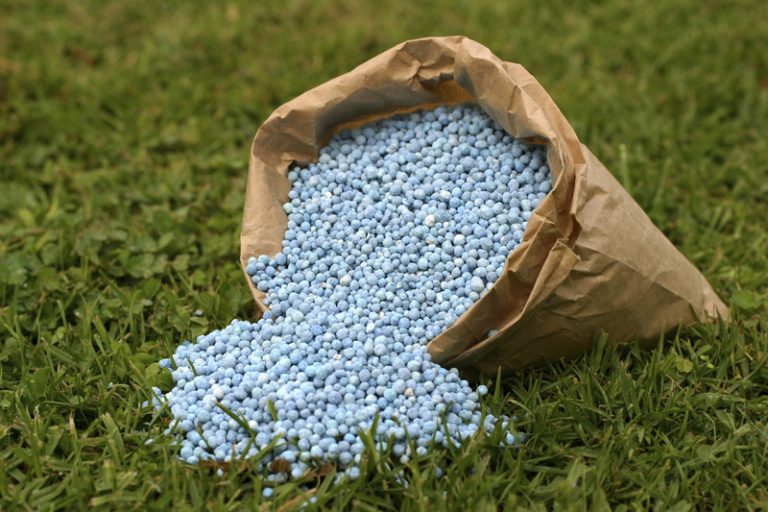
WHERE AND HOW TO STORE FERTILIZERS AND GARDEN CHEMISTRY IN WINTER
Knowledge of the basic rules for storing fertilizers and other chemicals for processing plants is extremely important for gardeners. If garden chemistry is not stored correctly, after winter it will lose its properties, and you will have to spend effort and money on buying again.
WHY A QUESTION ABOUT STORAGE OF GARDEN CHEMISTRY IS ACTUAL
Almost all types of garden chemistry have long shelf life. If it was not possible to fully use the volume of purchased preparations and fertilizers for the season, you can leave them for the next year, but to preserve all the properties of chemistry, certain conditions must be observed.
Many fertilizers are hygroscopic and able to trap moisture even from the air. This is especially true with respect to nitrogen top dressing. Ammonium nitrate, urea, when stored under conditions of high humidity, form a solid conglomerate. Phosphate fertilizers, kalimagnesia are less resistant to moisture.
MINERAL FERTILIZERS AND CHEMICALS FOR TREATMENT OF GARDEN AND GARDEN
A number of requirements are imposed on premises for storage of garden chemicals (pesticides, root-forming agents, growth regulators and adaptogens, etc.).
They should be dry, moderately warm. Ingestion of precipitation, melt and groundwater is unacceptable. Relative humidity should not be higher than 40-60%.
Garden chemistry should not stand on the floor. You need to put it on shelves or stands, covering the surface with film. A good way out of the situation may be the manufacture of a warmed box. A wooden box with a lid should be covered with foam on the bottom and sides.
The room in the house or garage
An ideal place to store chemicals is a heated room. It can be a separate pantry in a private house, a heated garage, a basement of a residential building with waterproofing. In unheated garages, cold basements and sheds, condensation accumulates in the winter. This leads to the formation of crystals on the surface of the granules of chemicals. Garden chemistry loses its physical properties: crumbles or turns into porridge.
Barn
Of course, not all gardeners have the ability to store chemistry in a separate room. In this case, you can put it in the winter and in the barn, but under certain conditions. Open bags with fertilizers and chemicals should first be tied with a tight rope. It is better to use a double package.
IF MEANS ARE SO SO SOAK
If fertilizers were caked or turned into porridge and lost their appearance, physical properties, do not rush to throw them away. At the same time, they do not lose their main functions. You should wait until spring and before use, crush the lumps with a hammer or other convenient device without removing the chemicals from the bag.
Dehydrated ammonium nitrate can be diluted in water before use. Porridge superphosphate can be mixed with peat or earth before entering, for example, in tree trunks. Mixing will help return fertilizer flowability.
WHERE THE WINTER IS STORED TO THE ORGANIC
Organic fertilizers (manure, compost, chicken droppings) can also be stored outdoors in winter. The smell from them is rather unpleasant, so you need to keep them away from residential buildings. Organic fertilizers should be protected from rain and snow, covered with a film. Covering material will also protect manure, bird droppings from drying out.
It is better to store garden fertilizers in warm, but not hot rooms with a low level of humidity. If chemicals have lost their physical properties, they can still be used, but preliminary grinding is required.